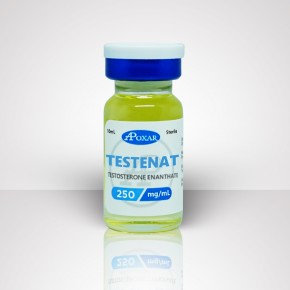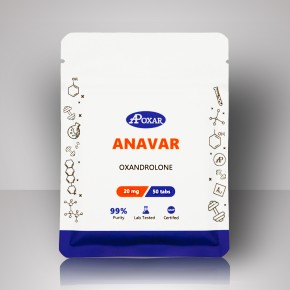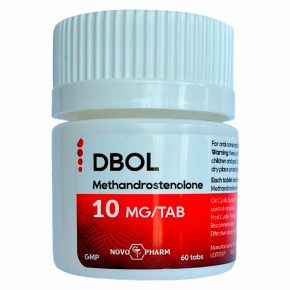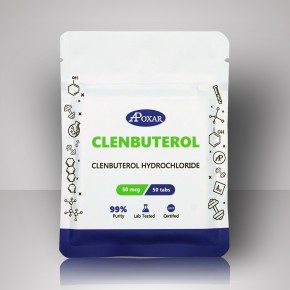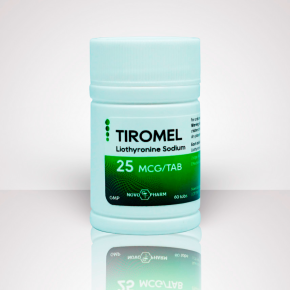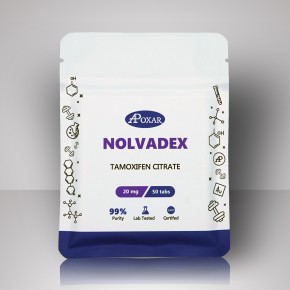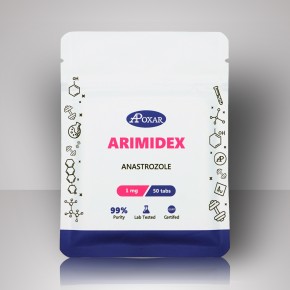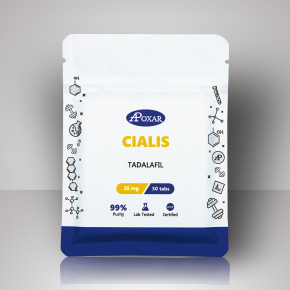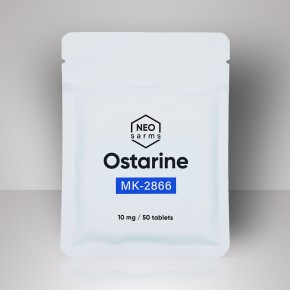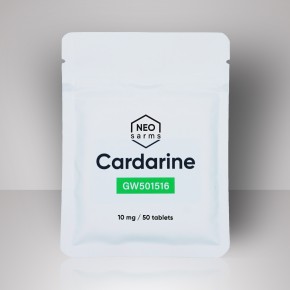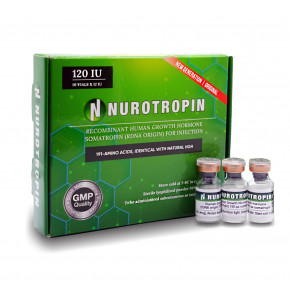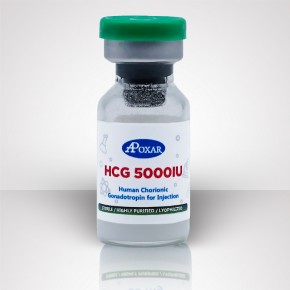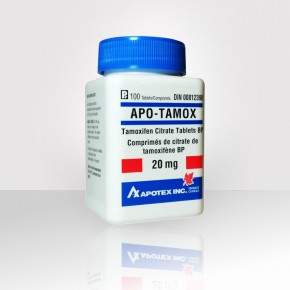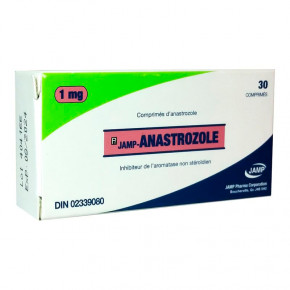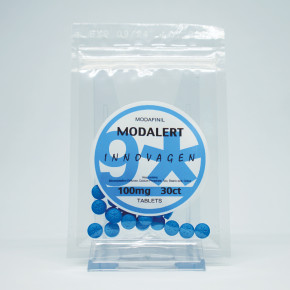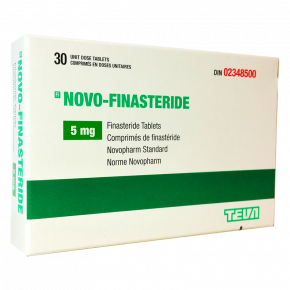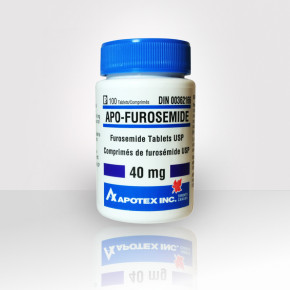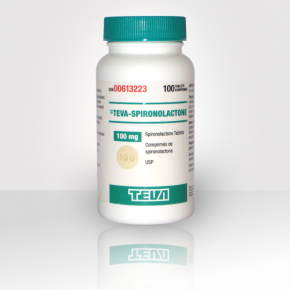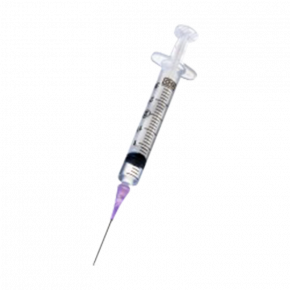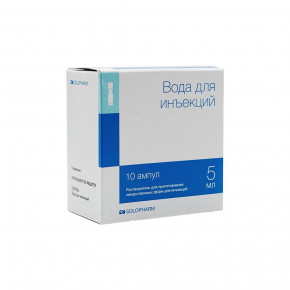-
26.09.25
hair shedding slowed down a lotfinnigan
-
11.07.25
felt safer running test + mast with thisharley
-
27.04.25
Novopharm's consistent qualityAnonymous
-
09.01.25
Worked smoother than dutasteride for medell
-
24.09.23
2 months ago I started losing hairline on cycle and fine held it stable, libido still fine, no big sides.chevy
-
06.09.23
solid option for hair protectionXENON
Finasteride is a synthetic drug that is used in the treatment of benign prostatic hyperplasia (BPH) and alopecia of male type. The drug is an inhibitor of 5a-reductase type II.
5alpha-reductase is an enzyme that is responsible for the conversion of testosterone into dihydrotestosterone (DHT). And at this point it plays a major role in bodybuilding, it helps to hide the traces of the use of anabolic steroids.
Pharmacologic Effects
Finasteride causes the reduction of prostate size, thus improving urine flow and decreasing symptoms that are associated with benign prostatic hypertrophy.
Finasteride properties
Most athletes take Finasteride during steroid course for the prevention of prostate increase, and that would prevent hair loss due to DHT.
Some time ago, it was considered that Finasteride blocks up to 70% of the androgenic effects, but it's not true. Steroids result will not be less noticeable because DHT is completely inactive in muscle receptors, it is active in the prostate, and skin.
Moreover. This negative effect may become even stronger because testosterone is not converted to inactive DHT and remains active thus stimulating receptors in the muscles. And athletes who have had prostate problems generally have no choice, they definitely should take Finasteride.
Steroids that cause the most hair loss (and require Finasteride):
- Testosterone;
- Methandienone;
- Methandriol;
- Boldenone;
- Turanabol;
- Oxandrolone.
All these compounds can cause hair loss, and Finasteride is necessary in this case, if you have the prerequisites to alopecia. However, while taking such drugs as methenolone, drostanolone, stanozolol, oxymetholone Finasteride does not help.
Is Finasteride effective in treatment of alopecia of male type?
According to studies, Finasteride is much more effective than placebo. After the first year of treatment cessation of hair loss occurs in 99% of men (in 1% hair loss continues).
Hair restoration in sites where they have already lost occurs in 30% of men.
In 18% of men hair restoration is estimated as ‘expressed' and ‘significant'.
The best results of treatment have been noticed in men with baldness that has not yet developed to a significant extent (started less than 10 years ago). To increase the effectiveness of treatment, some experts recommend to combine Finasteride with minoxidil.
Pharmacodynamics. Development of prostatic tissue proliferation and hyperplasia of its development depend on the DHT level (in males with hereditary defect of 5a-reductase benign prostatic hyperplasia does not occur).
By inhibiting the conversion of testosterone into DHT, Finasteride effectively reduces the level of DHT, which reduces the size of the prostate and dysuric symptoms caused by hypertrophy. Finasteride does not bind to androgen receptors and exerts no effect on the hypothalamic-pituitary system.
After oral administration of Finasteride reduction of DHT levels in plasma and in prostate tissue occur in the first 24 hours. However, to achieve clinical effect duration of therapy should consist several months.
Finasteride decreases serum DHT concentrations by approximately 70%, and in the prostate - 85-90%. In addition to inhibition of 5a-reductase, it activates through some specific protease apoptosis in prostate epithelium and stroma that justifies reduction of its size.
Medical indications for use: treatment of benign prostatic hyperplasia in order to reduce its size and severity of dysuric symptoms. Finasteride should be used only by men. The usual dose - 5 mg a day, the duration of treatment - at least 6 months.
Administration (for males)
- The recommended dose is 5 mg (1 tablet) 1 time per day, regardless of the meal.
- For baldness prevention 1.25mg (quarter of a tablet) 1 time per day.
Side effects:
Finasteride is generally well tolerated. A small amount of Finasteride was found in semen. In this regard, women of childbearing age must not be in direct contact with the semen of patients taking Finasteride. Term of Finasteride withdrawal from semen constitutes 10 days.
Finasteride reduces the concentration of a particular chemical PSA that reflects the work of the prostate (prostate specific antigen, PSA). If the urologist doctor will prescribe the PSA test (increase in the concentration of the substance may mean prostate cancer), be sure to tell him that you are taking Finasteride.

 Trusted by 50,000 Customers
Trusted by 50,000 Customers